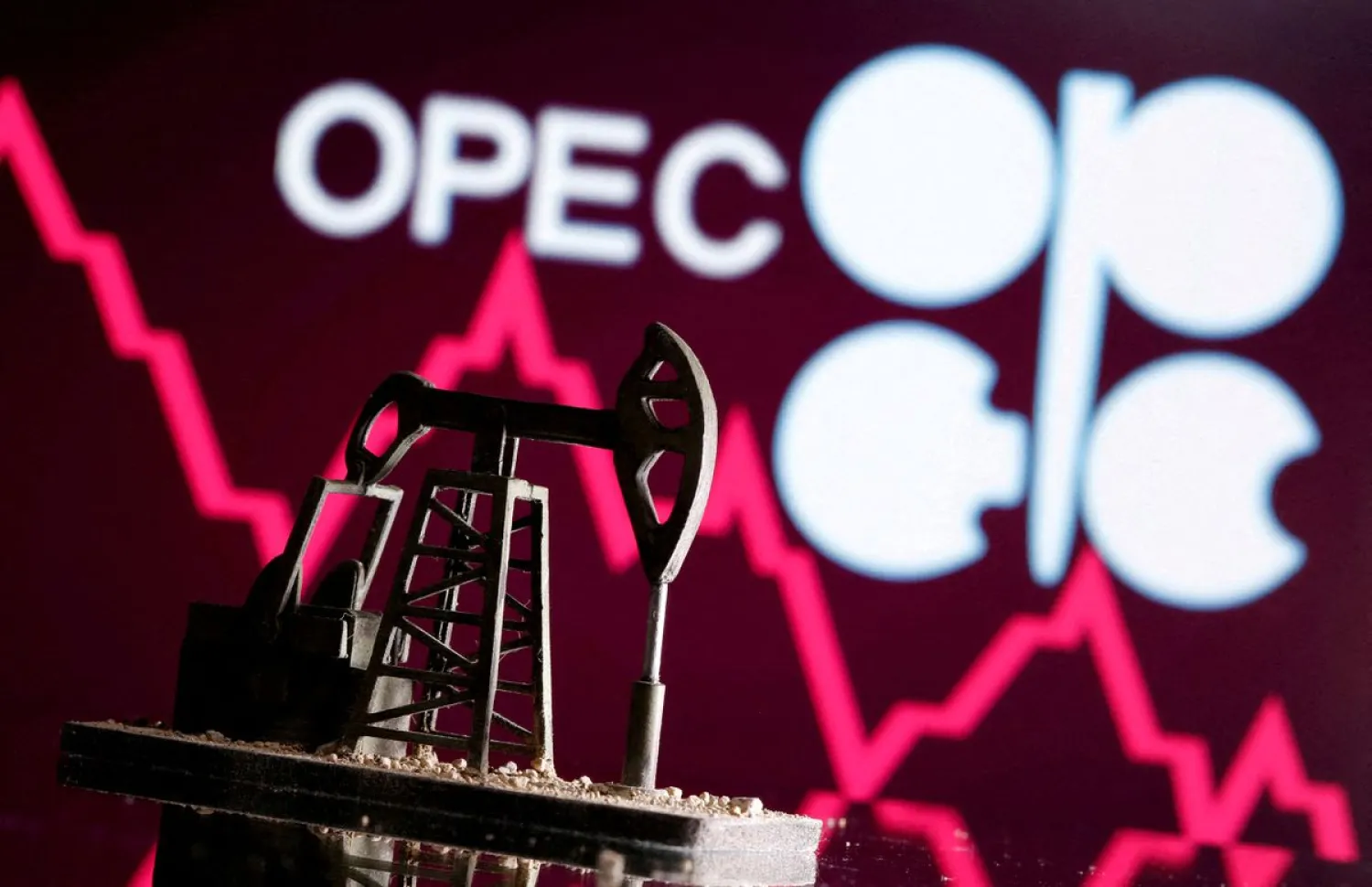Global benchmark Brent crude jumped on Tuesday to $80 a barrel, its highest since November, as OPEC+ agreed to stick with its planned increase for February based on indications that the Omicron coronavirus variant would have only a mild impact on demand.
Brent futures settled up $1.02, or 1.3%, at $80 a barrel, almost back to the level they were at on Nov. 26 when reports of the new variant first appeared, sparking a more than 10% decline in prices on that day.
US West Texas Intermediate (WTI) crude rose 91 cents, or 1.2%, to $76.99.
OPEC+, comprising of the Organization of the Petroleum Exporting Countries and allies, agreed to stick to its planned increase of 400,000 barrels per day (bpd) in oil output in February.
Its decision reflects easing concerns over a big surplus in the first quarter, as well as a wish to provide consistent guidance to the market.
In remarks on Monday, OPEC Secretary General Mohammed Barkindo emphasized the need to "remain highly nimble and adaptable to the constantly changing situation.”
He said the group's "flexible approach has helped provide an added sense of stability, reassurance and continuity to the market and investors.”









